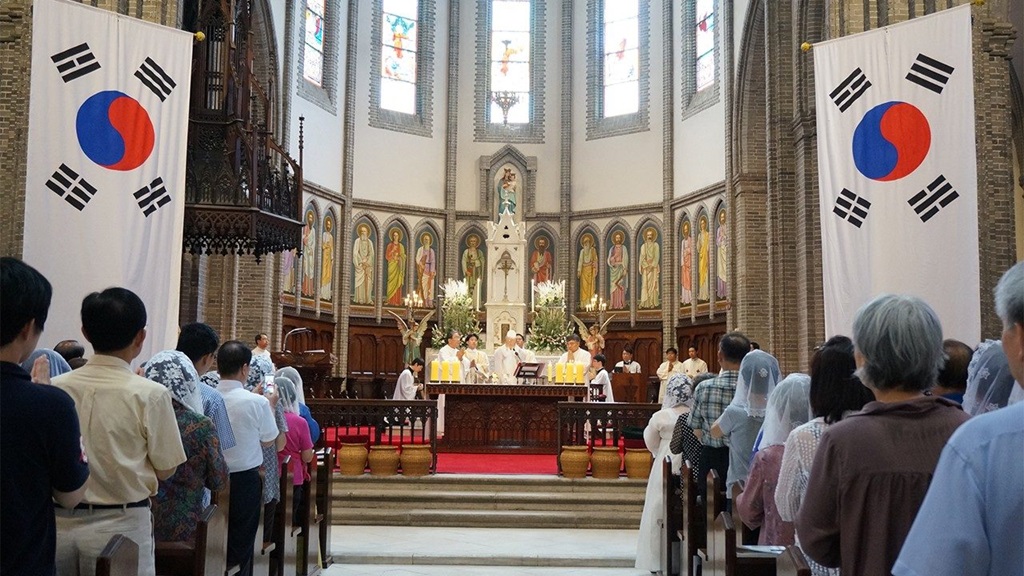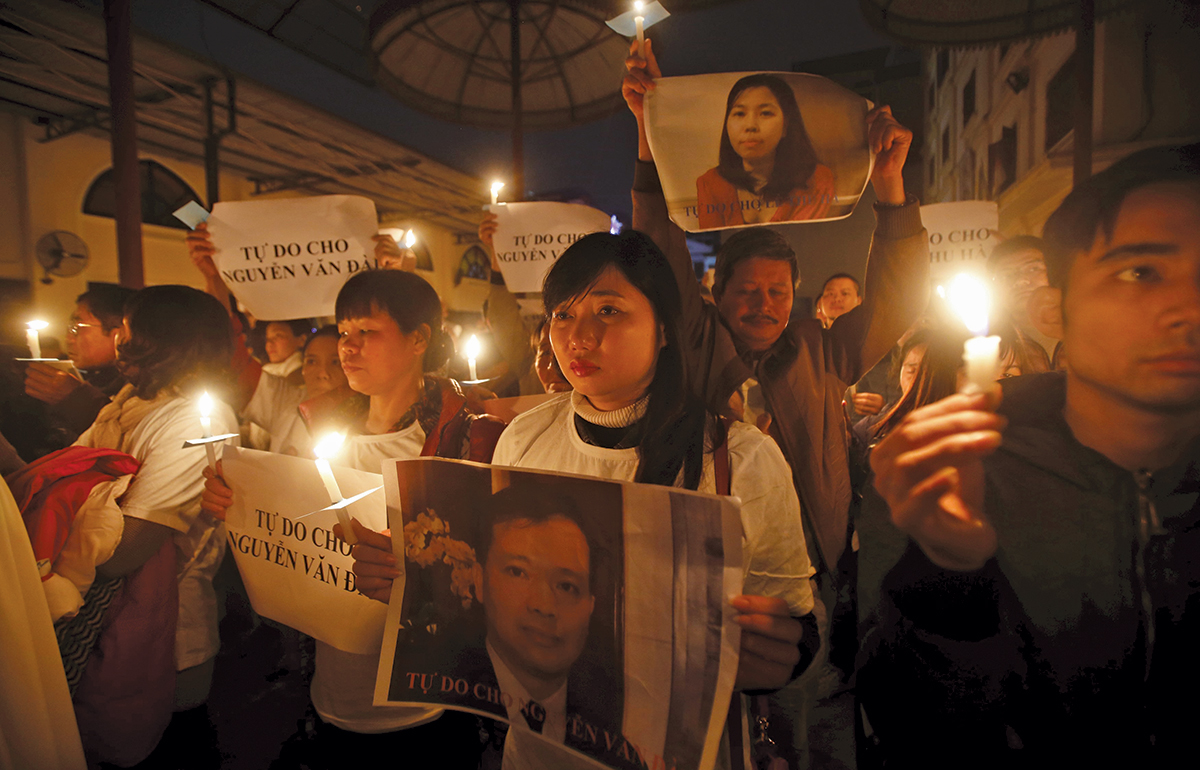
Why Are Koreans Christian? A Historical Perspective
In the vibrant tapestry of South Korea’s cultural and historical landscape, Christianity stands out as a significant thread, weaving its way through centuries of triumphs and tribulations. From its humble beginnings to its present-day prominence, the story of Christianity in Korea is a captivating narrative that reflects the intricate interplay of faith, culture, and societal dynamics.
Korea, often recognized for its rich cultural heritage and technological advancements, has a deeply rooted Christian community. Understanding why a substantial portion of Koreans embrace Christianity involves delving into the historical, cultural, and social factors that have shaped this phenomenon.
Historical Context of Christianity in Korea
Christianity first set foot on Korean soil in the late 18th century through Catholic missions. However, its journey was fraught with challenges, including severe persecution during certain periods. The resilience of early Korean Christians laid the foundation for the faith to take root and flourish.
Factors Influencing the Spread of Christianity
Various factors have contributed to the growth of Christianity in Korea. Sociopolitical shifts, cultural dynamics, and economic influences have played pivotal roles in shaping the religious landscape. Understanding these elements provides insights into the multifaceted reasons behind the widespread adoption of Christianity.
Christianity and Korean Culture

The fusion of Christianity with traditional Korean beliefs has created a unique cultural tapestry. This section explores how Christian principles have intertwined with existing social norms, influencing everything from family structures to ethical values.
Christianity in Modern Korea
Present-day statistics reveal a significant Christian population in Korea. Delving into denominational diversity, this section sheds light on the various branches of Christianity that coexist within the country.
Social and Educational Impact
Christianity’s influence extends beyond religious practices, shaping education and community engagement. This section explores how Christian values have permeated various aspects of Korean society.
Challenges Faced by Korean Christians
Despite its prevalence, Christianity in Korea faces challenges, including social stigmas and navigating a landscape of diverse religious beliefs. Acknowledging these challenges provides a holistic view of the Korean Christian experience.
The Role of Churches in Korean Society

Korean churches serve as more than places of worship; they function as community centers and support networks. Understanding their role offers a glimpse into the broader impact of Christianity on Korean society.
Interviews with Korean Christians
Real voices from the Korean Christian community provide firsthand experiences and perspectives. The diverse reasons individuals embrace Christianity highlight the complexity of this spiritual journey.
Comparisons with Other Religious Trends
Examining Christianity alongside Buddhism and Confucianism provides a nuanced understanding of Korea’s religious landscape. This section explores the interactions and dynamics between different faith traditions.
Christianity and Globalization
In an era of globalization, the impact of international connections on Korean Christianity is profound. Global missionary activities and cross-cultural influences contribute to the ongoing evolution of the faith.
Korean Christian Celebrities
The influence of Christianity extends to the realm of entertainment and sports, where prominent figures openly profess their faith. Exploring their impact on public perception adds another layer to the intricate relationship between faith and culture.
Critiques and Controversies

No religious phenomenon is without its critics and controversies. This section addresses criticisms of Christian practices and highlights controversial incidents that have shaped public perceptions.
Future Trends in Korean Christianity
Examining demographic trends and potential shifts in societal dynamics offers a glimpse into the future of Christianity in Korea. Anticipated changes bring forth both challenges and opportunities for the evolving faith.
Conclusion
In unraveling the layers of Korean Christianity, one discovers a narrative that goes beyond religious affiliations. It is a story of resilience, adaptation, and the intricate dance between tradition and modernity. As Korea continues to evolve, so too will the spiritual landscape, shaped by the ongoing interplay of faith, culture, and society.
FAQs
-
Is Christianity the dominant religion in Korea?
- While not the majority, Christianity holds a significant presence in South Korea.
-
How has Christianity influenced Korean education?
- Christian values have influenced educational institutions, contributing to ethical and moral teachings.
-
Are there tensions between different religious communities in Korea?
- Korea embraces religious diversity, but tensions can arise due to differing beliefs.
-
What challenges do Korean Christians face in society?
- Social stigmas and navigating a diverse religious landscape are common challenges.
-
Can one practice traditional Korean beliefs alongside Christianity?
- Syncretism is observed, with individuals incorporating elements of both traditions.





